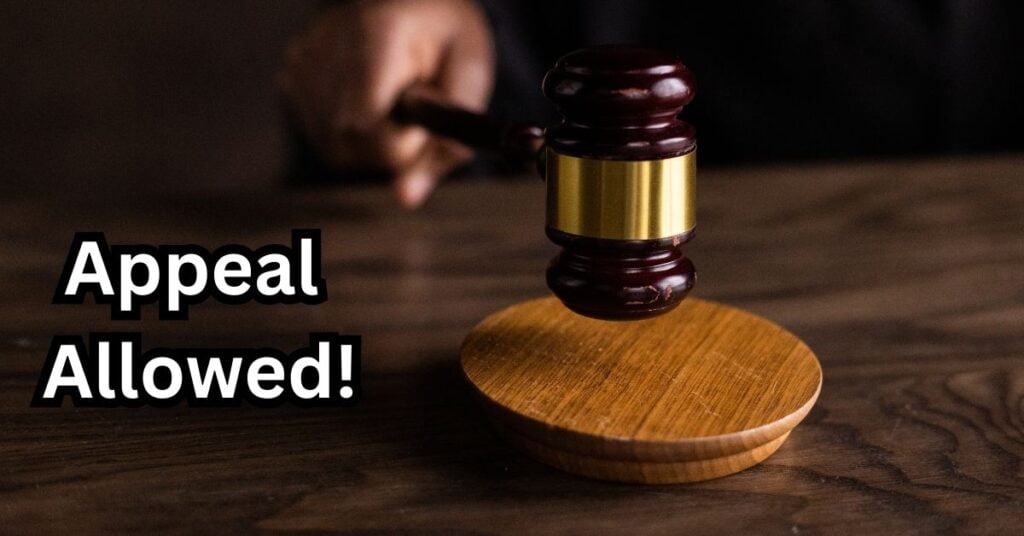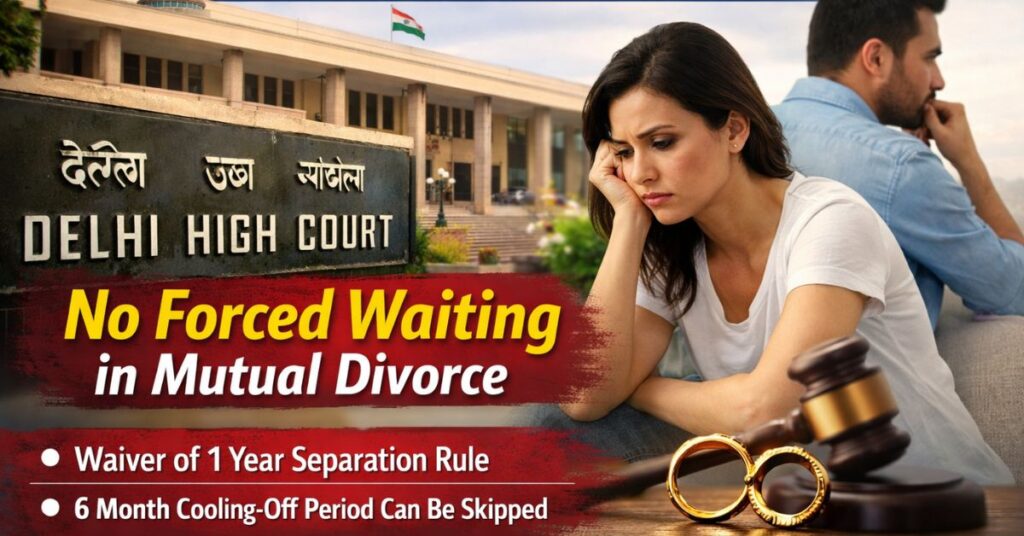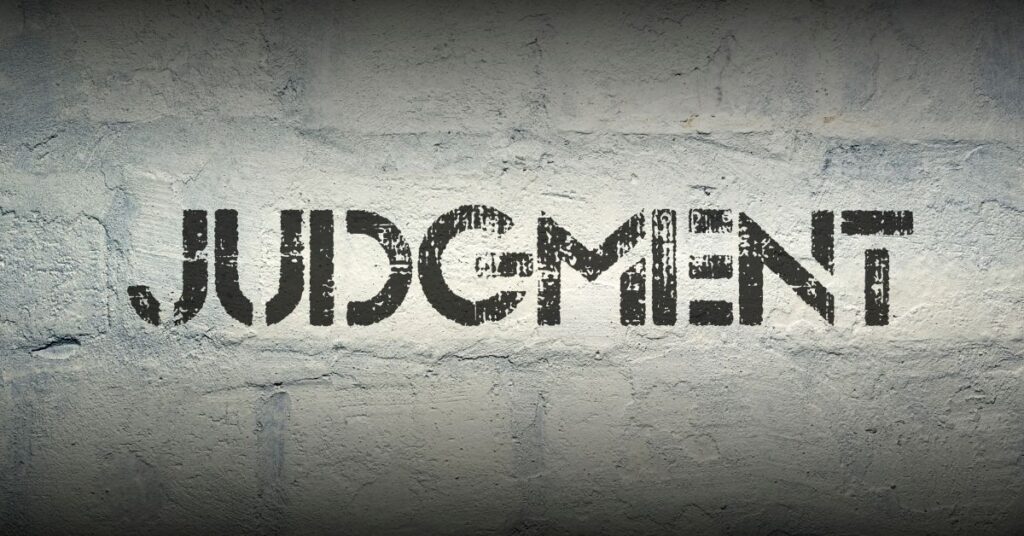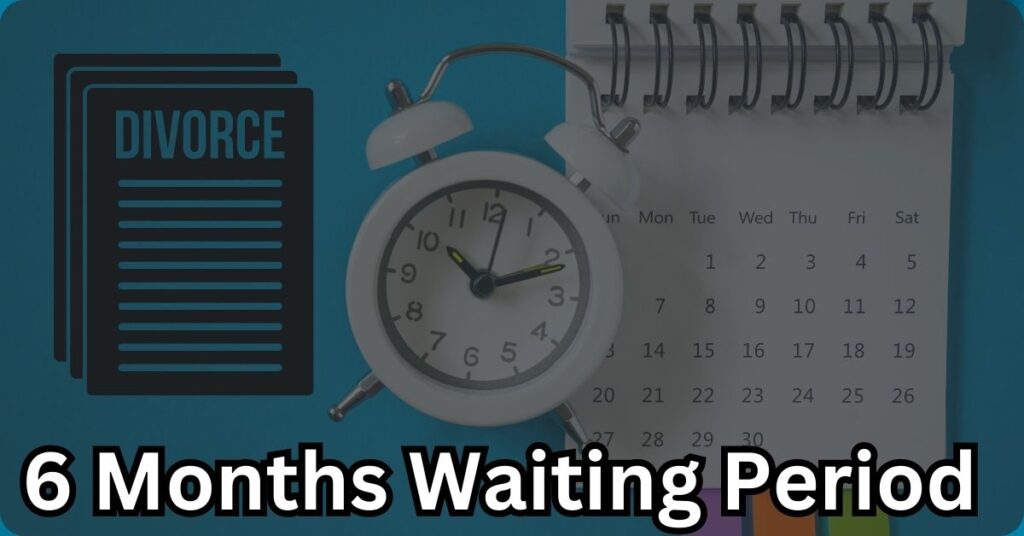Introduction
In a significant Delhi High Court judgment, a waiver of the stipulated period for mutual divorce was granted. The judgment in MAT.APP.(F.C.)-74/2023 was delivered on 29th March 2023 by Hon’ble Mr. Justice Sanjeev Sachdeva and Hon’ble Mr. Justice Vikas Mahajan. The case involved an appeal filed by both the husband, Sunil Kumar Mourya, and the wife, against an order dated 23rd January 2023, which had dismissed their application seeking waiver of the six-month period prescribed under Section 13-B(2) of the Hindu Marriage Act, 1955.
Background
Sunil Kumar Mourya and his wife were married on 4th August 2005 but separated on 10th July 2020 due to irreconcilable differences. Following their separation, the wife filed proceedings under the Protection of Women from Domestic Violence Act, 2005. However, on 15th February 2022, the couple reached a settlement through a compromise deed, expressing their mutual consent to end the marriage. Consequently, the proceedings under the Domestic Violence Act were withdrawn on 25th March 2023.
Appeal for Waiver
The parties subsequently filed a petition for divorce by mutual consent under 13-B of the Hindu Marriage Act, 1955, which was allowed on 22nd November 2022, granting the first motion of divorce. However, due to continued differences, the couple approached the Family Court seeking a waiver of the six-month waiting period. The husband, an international athlete representing India, argued that the pending divorce proceedings were hindering his participation in international championships abroad.
Court's Decision
Upon hearing the arguments and interacting with both parties, the High Court found that their differences were irreconcilable, and there was no possibility of family reunification. The court noted that the Family Court had dismissed the application solely on the ground that the parties had been married for 15 years and there might be a chance of reconciliation, without considering the reasons for denying the waiver in the circumstances of the case.
The High Court emphasized that the purpose of the six-month waiting period is to provide parties an opportunity to reconsider their decision to obtain a divorce by mutual consent. However, taking into account the settlement reached between the parties on 15th May 2022, the court observed that more than six months had already elapsed, rendering the remaining period of waiting redundant. The court further noted that prolonging the marriage would only prolong the parties’ suffering and concluded that it would be in the interest of justice to grant the waiver.
Conclusion
In this landmark Delhi High Court judgment, Court allowed the appeal and granted a waiver of the remaining period stipulated under 13-B(2) of the Hindu Marriage Act, 1955. The court emphasized the need to end the parties’ suffering promptly, considering the settlement reached and the considerable amount of time that had already passed since the initiation of divorce proceedings. The parties were directed to appear before the Family Court for recording of the statement and further proceedings on the second motion petition on 10th April 2023.




